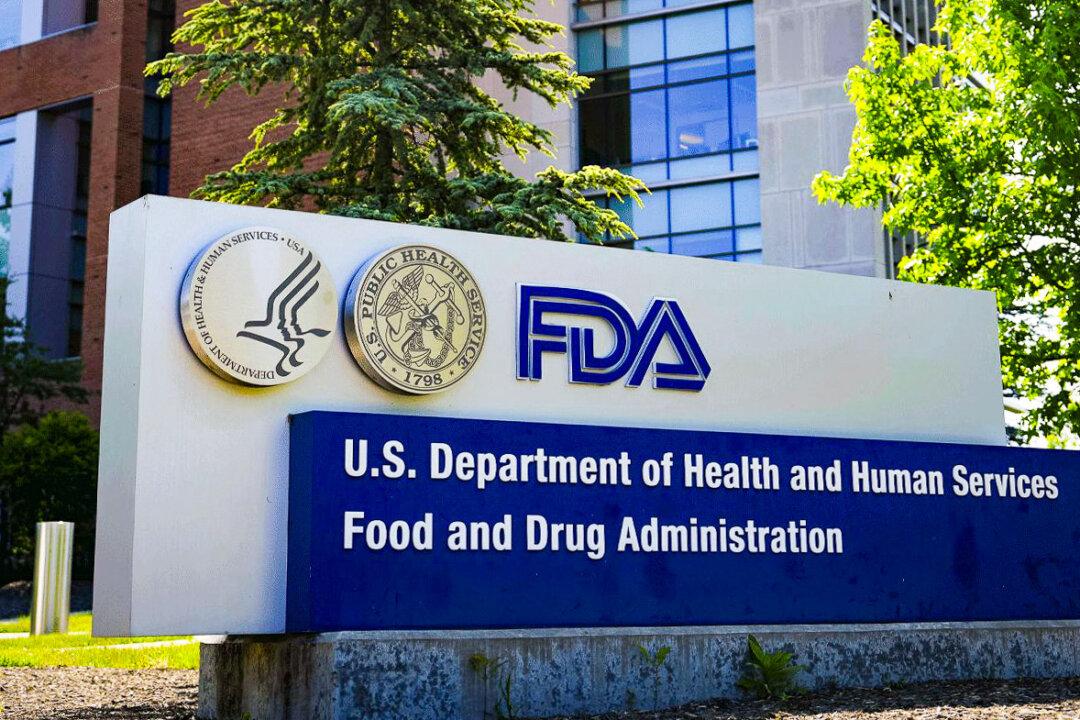Commentary
Approximately one in every ten Americans is affected by one of approximately 7,000 rare diseases, of which many are terminal. For many of these diseases, fully Food and Drug Administration (FDA)-approved cures are not yet available, and in some cases, cures may be available, but take too long to reach the patients. For example, approximately 300 children in America are diagnosed with DIPG (diffuse intrinsic pontine glioma), a rare and highly aggressive brain cancer with a life expectancy of under one year.





